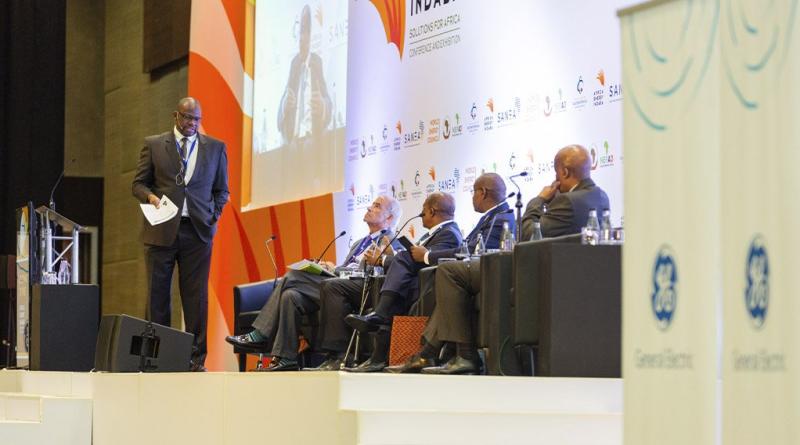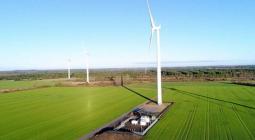Research Affirms €1T Green Hydrogen Potential for Africa

Report outlines how production and transmission of green hydrogen can yield a €1 trillion investment, exceeding one third of Africa’s current energy consumption, boosting GDP, improving clean water supply, and empowering communities.
Africa is capable of producing 50 million tons of green hydrogen a year by 2035, according to a new study by the European Investment Bank (EIB), International Solar Alliance (ISA) and the African Union, with the support of the Government of Mauritania, HyDeal and UCLG Africa. Green hydrogen is economically viable at €2/kg and can expedite low-carbon economic growth across the continent and reduce emissions by 40%, replacing approximately 500 million tonnes of carbon dioxide a year.
The analysis emphasised that green hydrogen produced in Africa is economically viable, more cost effective than traditional fossil fuel energy sources, and can accommodate domestic energy demand whilst enabling the export of green hydrogen to global markets.
The Africa’s Extraordinary Green Hydrogen Potential report, carried out by international consultancy CVA, outlined how the production and transmission of green hydrogen can lead to a €1 trillion ($1.06 trillion) investment, yielding more than one third of Africa’s current energy consumption, boosting gross domestic product (GDP), improving clean water supply, and empowering communities.
The analysis suggests that large-scale green hydrogen investment can accelerate decarbonization by enabling large-scale African energy consumers, such as fertilizer and steel producers, to utilise green hydrogen.
Commenting on the report, Ambroise Fayolle, Vice-President of the European Investment Bank, said, “Africa has the best renewable energy in the world and scaling up production of green hydrogen can transform access to low-cost electricity and clean water. Unlocking Africa’s green hydrogen potential will require close cooperation between public, private and financial partners.”
The new study depicts the first detailed research of the feasible development of green hydrogen across Africa and incorporates an analysis of investment opportunities prioritising four hubs: Mauritania, Morocco, southern Africa, and Egypt including a roadmap of technical, economic, environmental, and financial solutions to unlock industrial expansion.
The study suggests the following roadmap for green hydrogen commercialisation across Africa by 2035:
• Activate national planning, regulation, and incentive schemes to mobilise private sector investment and innovation to establish and integrate domestic value chains with global markets.
• Pilot projects are required to demonstrate successful green hydrogen generation, storage, distribution and application at both demonstration and commercial scale.
• Market-based partnerships are required to enable mass-scale domestic and global off-take and demand for green hydrogen, and increase cooperation to design, finance, build and operate green hydrogen production, storage, and distribution infrastructure.
“As the global energy and climate crises unfold, mass-scale competitive green hydrogen is ready to provide energy security, affordability and decarbonisation,” said Thierry Lepercq, President of HyDeal. “Integrated hydrogen hubs bringing together upstream, midstream and upstream players on the basis of long-term off-take contracts are building powerful business models.”
Conclusion
As hydrogen plays an increasingly pivotal role in the global and African energy transition, the upcoming Africa Energy Indaba conference to be held on the 7th - 9th March in Cape Town, is set to place a strong emphasis on the role of hydrogen in Africa's energy mix.
Attendees will be privy to insightful discussions concerning the latest developments in hydrogen technology, how it can be implemented within an African context as well as its potential to meet energy needs and fuel the economy.
Representatives from various sectors of the hydrogen industry such as policy makers, researchers, developers, solution providers and investors from Africa and abroad will participate and impart prevalent updates on the hydrogen sector including but not limited to projects, innovations, and research transpiring across the region and beyond.





